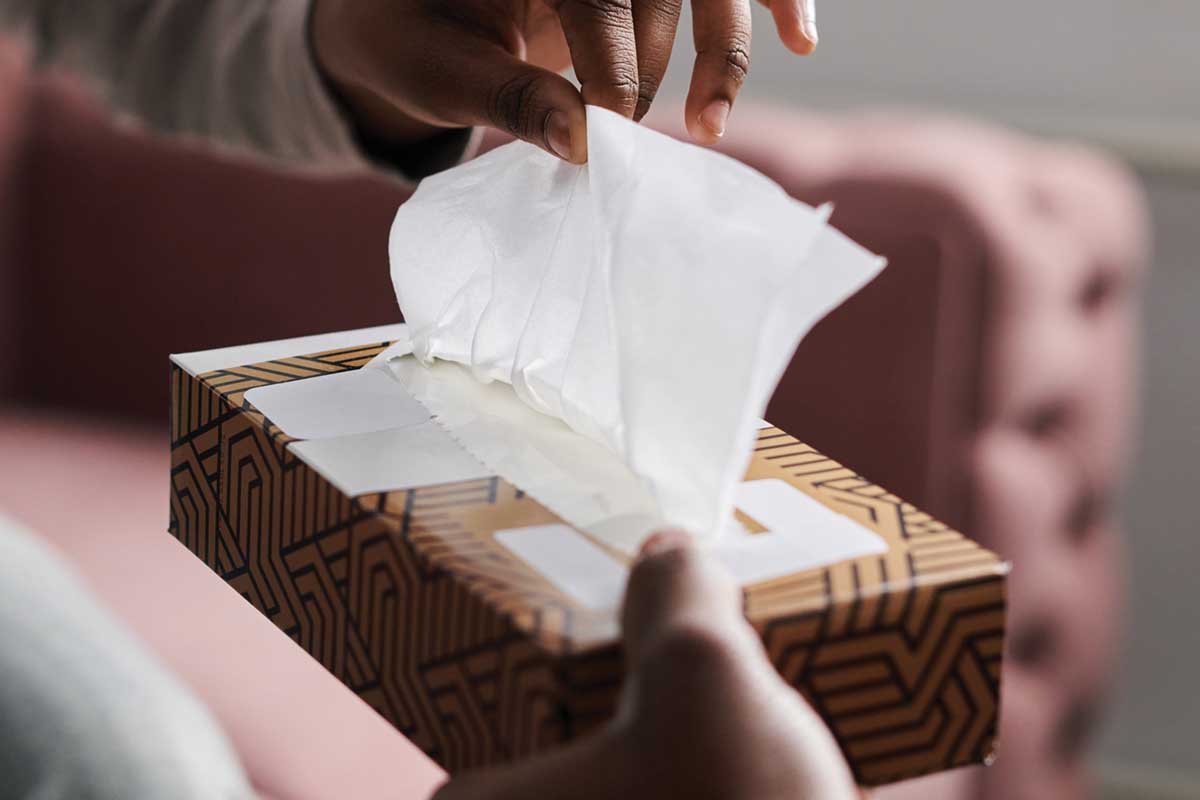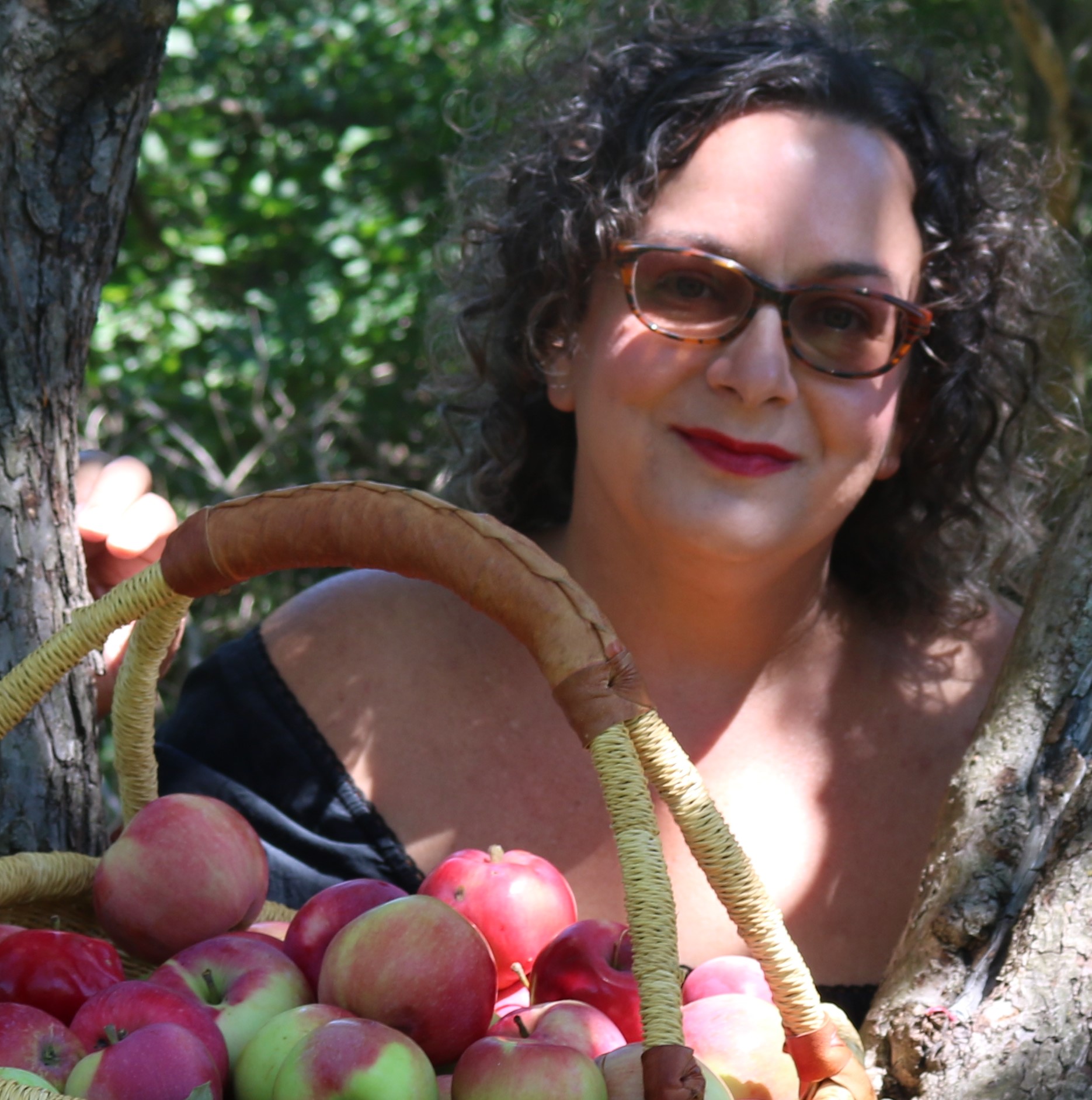Advertisement
End the Never-Ending Cycle
Triumph over colds and viruses this season
Fact-Checked
This article has been written and fact-checked by experts in the field.

When it comes to colds, most of us find solace in knowing that our unbearable sore throat or irritating cough will be over quickly. But, for some unlucky people, the prolonged suffering, often called the “never-ending cold,” may continue for weeks or months. Fortunately, these natural remedies and simple strategies might just help you feel back to normal in no time.
Advertisement
The cold, harsh facts
There are over 200 viruses that cause colds, including rhinoviruses, coronaviruses, and respiratory syncytial viruses (RSV). The typical cold lasts one week but may last longer in children, the elderly, and those in poor health.
The average adult gets two to four colds per year, while children average six to eight colds annually. Colds are typically characterized by congestion, coughing, reduced sense of taste and smell, runny nose, sneezing, and scratchy throat.
Advertisement
Preventing colds
Since those who are in poor health are particularly at risk of experiencing colds of a longer duration, it’s important to maintain a healthy lifestyle that promotes respiratory and immune health. Here are some simple things you can do to help avoid getting colds.
- regularly wash your hands
- avoid touching your eyes and nose
- avoid smoking or vaping
- exercise regularly, especially outdoors
- drink plenty of water or hydrating fluids
- reduce sugar intake
- eat plentiful amounts of vegetables and sprouts
Thyme
Research reported in the journal Complementary Medicine found that thyme-based cough syrups were effective in the treatment of coughs, which are among the most aggravating cold symptoms.
Advertisement
Treating the relentless cold
If your symptoms seem unending, consult a physician to determine whether other opportunistic infections, such as bronchitis or ear or sinus infections, may have taken hold. If you suffer from asthma, chronic bronchitis, or emphysema, you may be experiencing an aggravation of these conditions long after a cold is over. In these situations, or if you experience a high fever, ear pain, or unusually severe cold symptoms, it’s best to consult a physician.
While there are many natural remedies that boost immunity or demonstrate antiviral properties, the following are among the hard-hitters against cold viruses.
Advertisement
Curcumin
The yellow pigment that gives curries their signature yellow color has potent antiviral properties. In a recent study, researchers reported that supplementation with curcumin reduced the number of days otherwise healthy adults suffered from the common cold.
Advertisement
Echinacea
One of the most widely used herbs in the world, echinacea acts as an immune stimulant and antimicrobial agent. According to recent research, echinacea showed antiviral activity in several viruses that cause the common cold.
Advertisement
Elderberry
Elderberry is an important traditional medicine, long used by the Indigenous peoples of North America. In a meta-analysis including 180 study participants, researchers found that elderberry substantially reduced upper respiratory symptoms caused by viral infections.
Advertisement
Garlic
Garlic is a culinary herb of choice and a popular traditional herb for the treatment of the common cold. A study involving 146 subjects, half of whom took a garlic capsule daily over 12 weeks, found that only 24 of those in the treatment group experienced a cold compared to 65 in the placebo group. The duration of the cold was also significantly reduced among those taking the garlic supplement.
Advertisement
Ginger
Fresh ginger has long been used to ease the symptoms of the common cold. Research has found that fresh, but not dried, ginger was effective at inhibiting human RSV cells, which is sometimes linked to colds.
Advertisement
Panax ginseng
Korean red (panax) ginseng has been studied for its antiviral effects on RSV cells and influenza A. The results indicated that panax ginseng has potential benefits against these diseases.
Advertisement
Quercetin
A type of flavonoid found in many fruits and vegetables, quercetin has been found, in cell studies, to be a potent antiviral agent, preventing viral replication of several respiratory viruses, including influenza virus, parainfluenza virus, RSV, adenovirus, and rhinovirus.
Advertisement
Vitamin C
We all know vitamin C is critical for immune health. Long-term supplementation with vitamin C has been shown to help shorten the length of symptoms in those who are infected with respiratory viruses.
Advertisement
Vitamin D
Vitamin D is so important in maintaining healthy immunity that vitamin D receptors are found in most of the cells of the immune system. Research over many decades has solidified the importance of maintaining vitamin D levels for immune health, to help ensure protection against viral infections.
Advertisement
Zinc
Also important for the body’s ability to fight off viral and bacterial invaders, zinc is found in cells throughout the body. Studies have indicated that when zinc lozenges or syrup is taken within 24 hours of the first symptoms of a cold, it may reduce the duration of the cold.
DIY warm ginger remedy
Coarsely chop a 2 to 3 inch piece of fresh ginger. Add it to a pot of water, bring to a boil, then reduce and allow it to simmer for 45 minutes to an hour. Add a few drops of stevia or a small amount of honey, as desired. Drink one cup hot or cold three times daily.





